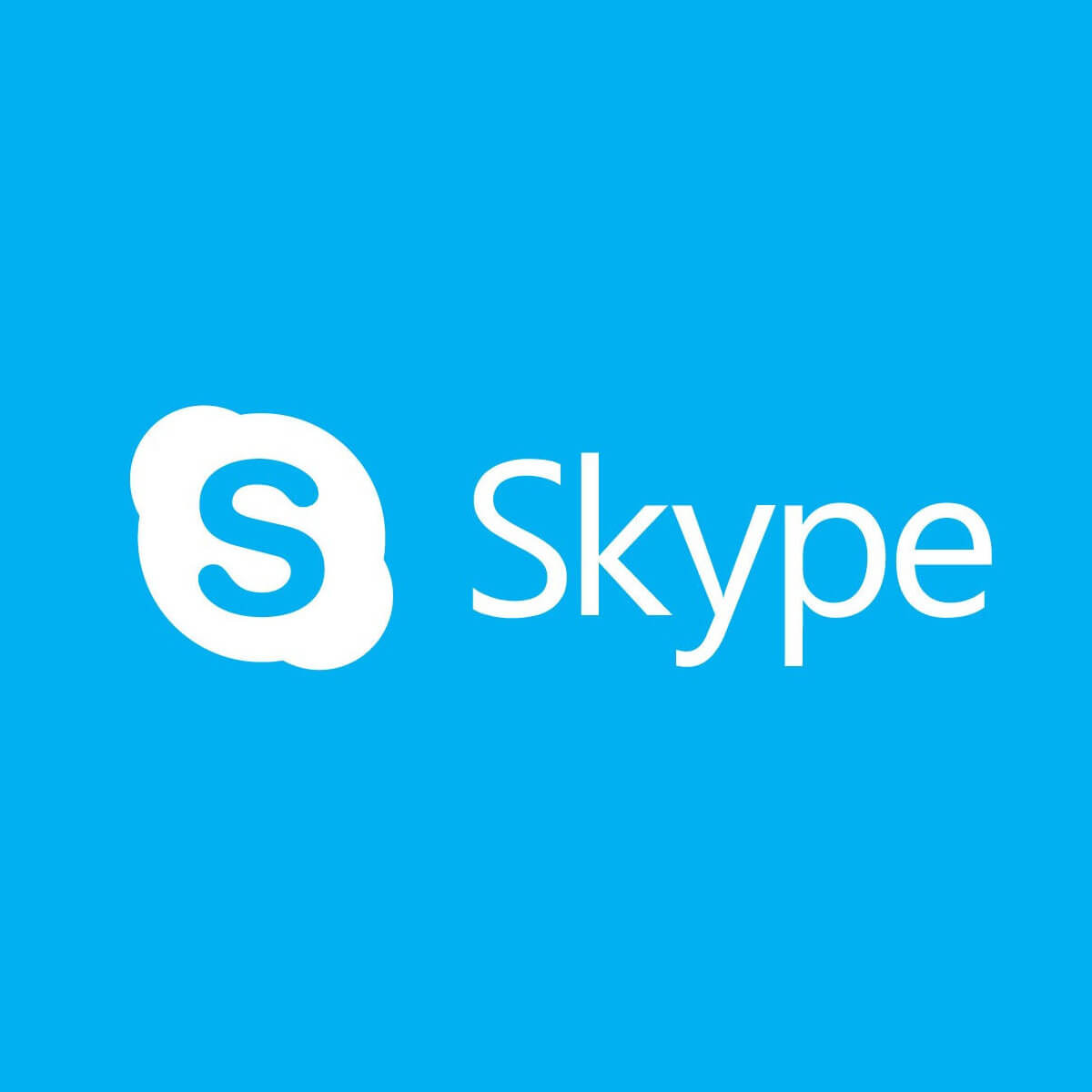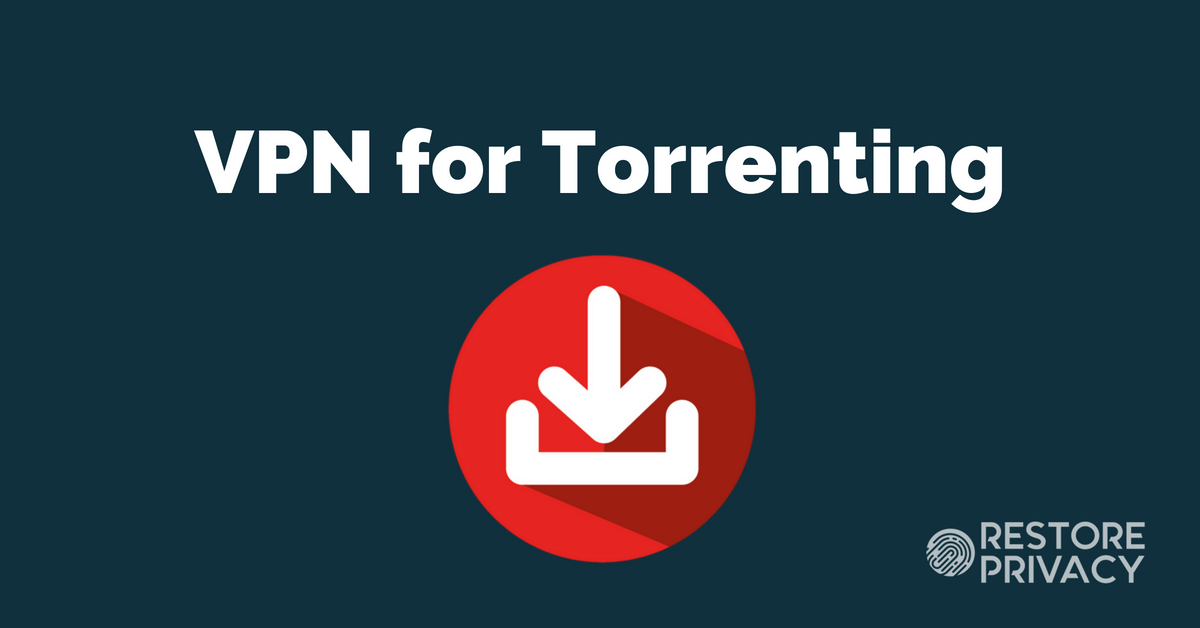Purevpn Crack Apk Market
Have you been the victim of a VPN scam? With the growing interest in online privacy and security, there are new VPN services popping up every week, promising 100% online anonymity and a “secure and private” browsing experience. And of course, you’ll find plenty of fake reviews to tell you they’re legit. Unfortunately, I’ve found that many VPNs are misleading people with false marketing claims, sales gimmicks, and various scams.
PureVPN Keygen manages the part tunneling techniques for the partner in a very easy style. Now, it is available in the market with its latest features.
And because VPNs are often located in overseas jurisdictions, they will probably never be held accountable for dishonest marketing and/or outright fraud. Since most people don’t know what to watch out for, many fall victim to these common VPN scams. But you’re smarter than that. Here are seven issues to avoid: #1 Lifetime VPN subscriptions Running a fast, safe, secure network of worldwide VPN servers with good apps and support is expensive with fixed recurring costs.
Given these high costs, how can so many VPNs be offering cheap “lifetime subscriptions”? There are a few different explanations:: • The “free” or cheap VPN is collecting user data and selling it to third parties and advertisers (a popular and lucrative business). • The VPN blasts you with ads or redirects your browser to third party websites – and then earns commissions on sales. • The “lifetime” claim is a lie and they will simply cancel your “lifetime” subscription after a year or two (see VPNLand example below).

• The VPN is similar to a Ponzi-scheme, requiring an ever-increasing number of new subscribers to remain financially solvent, until the house of cards collapses. Bottom line: The “lifetime” is actually referring to the lifetime of the VPN company – not the customer. After selling a large amount of lifetime subscriptions, the owners could simply pay themselves out and then close the business. UPDATE: Some VPNs are now cancelling all “lifetime subscriptions” and converting these accounts to recurring paid subscriptions. Here is one example I found from VPNLand: No surprises here. According to one user, he was given the following reply after he complained: Just fyi. A “lifetime” account does not mean it will be valid till someone dies.
It could be anyones lifespan – such as a cat, or lifespan of a hardware. Don’t fall for the lifetime VPN scam. #2 Free VPNs Why are there so many free VPNs? Answer: services are being used as a tool to collect your data and resell it to third parties. Most people focus on the word “free” instead of seeing the big picture.
Just like with Gmail,, and other free products, free VPNs are are just another way for companies to profit off your data. Example: This free VPN app is called “VPN Master – Free VPN Proxy” and is officially listed in the Google Play store. Notice that it has a high rating (4.5) and approximately 100,000 downloads. However, the “VPN Master – Free VPN Proxy” app also had eight positive hits for malware. Below are the test results from: This free VPN also comes with lots of free malware. Extra Note: This is why you should never trust ratings in the Google Play and Apple stores.
If you have had a scooter stolen, please post any information you have in order to alert shops and other scooterists of the theft. Entries made on the page will remain posted indefinitely. There are 53119 stolen scooters listed on 1063 pages, newest entries are first. You may here. Rukovodstvo po remontu renault premium 420 dci 2016. Scoot.net: stolen scooter registry This page contains information on stolen scooters.
Free VPN apps make money by: • Stealing your data (via malware, spyware, tracking, logging etc.) and reselling it to third parties • Redirecting your browser to “partner” websites, such as e-commerce or financial sites • Stealing your bandwidth and reselling it to third parties (see Hola on the ) As the saying goes, there’s no such thing as a free lunch. Or better yet, when something is free, you are the product. (See the guide for more info.) #3 Shady VPN apps In general, VPN apps have proven to be a problematic in terms of privacy and security. There are a few exceptions, but the vast majority of VPN apps you find in the Google Play or Apple stores are dangerous and insecure. One team of researchers published a that found: • 84% will leak your real IP address • 82% attempt to access your sensitive data (user accounts, text messages) • 75% utilize third-party tracking • 38% contain malware (malware, trojans, malvertising, riskware, spyware) to steal or damage your information • 18% don’t even encrypt your data • 16% steal user bandwidth When you look closely at the growing VPN app scam, the scariest thing is that many of the most malware-infested apps are highly rated. This means there are literally millions of people using VPNs that contain malware and tracking. This is especially the case for free VPN apps – see the review for. #4 Fake VPNs With the growing interest in VPNs, fake VPNs are also coming onto the market.
